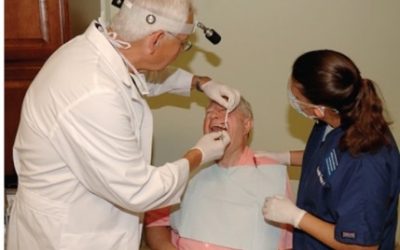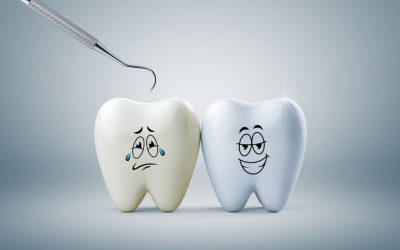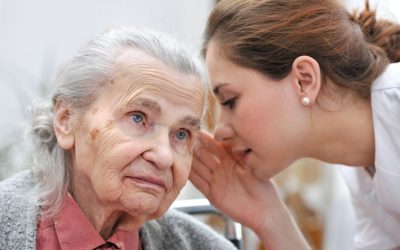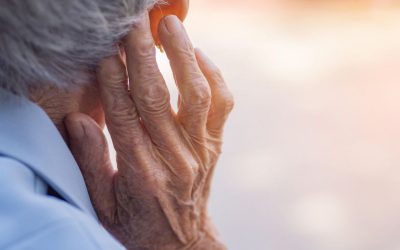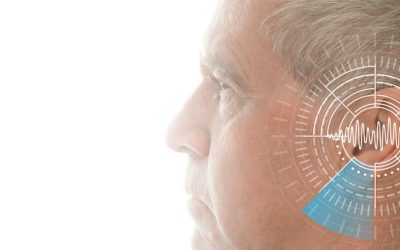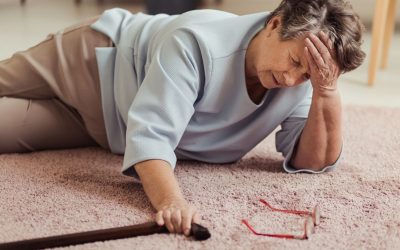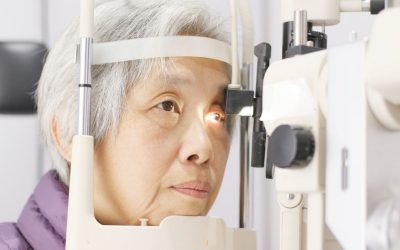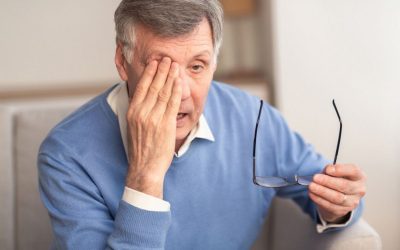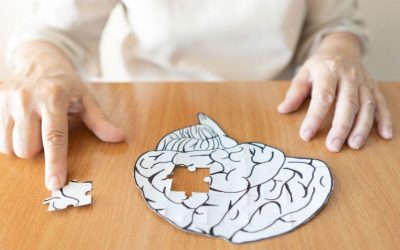RESOURCES
Healthy and Happy Matters
DENTAL CARE
Treat Gum Disease In Your Participants and Residents Early
Prevent Big Potential Problems The early warning signs of gum disease can be painless. However, if gum disease is not diagnosed and treated in time, it can lead to receding gums, bone damage, loss of teeth, and can increase the risk of other health problems such as...
Tooth Decay
Tooth decay is a damage that occurs when bacteria in the mouth generate acids in the mouth that eat away at a tooth. This can then lead to a hole in the tooth, which is commonly known as a cavity. If a cavity is not treated, tooth decay can cause pain, infection in...
Tooth Extractions
Why does a tooth need to be extracted?If a tooth is cracked, split or fractured it will not heal, unlike a broken bone which will heal. What commonly causes a tooth to crack, split or fracture?Some examples may be chewing on hard objects such as ice, un-popped popcorn...
HEARING CARE
Hearing Loss Linked To Accelerated Brain Loss
Although the brain naturally becomes smaller with age, the shrinkage is accelerated in older adults with hearing loss, according to a study by researchers from Johns Hopkins and the National Institute on Aging. The findings add to a growing list of adverse health...
Ear Wax: To Remove Or Not
Cerumen (“earwax”) is a naturally-produced secretion that is reported to be a self-cleaning agent produced in the ears to protect, lubricate, and to provide antibacterial properties. It consists of a mixture of water-soluble viscous secretions. Ironically, earwax is...
Hearing Aids vs Assistive Listening Systems
We all generally know about Hearing Aids which can be a tremendous aid both physically and psychologically for certain patients. Assistive Listening Systems, also known as assistive listening devices are less commonly known and yet they can be of considerable value....
VISION CARE
Why Are Your Residents Falling?
One of the reasons your participants and residents may be falling is because of poor vision. There is a correlation between vision loss and falls. Falls are an alarming health problem and a major cause of injury among the older population. There are roughly 2.5...
Importance of Corneal Thickness
Measuring corneal thickness is important because it can conceal an accurate reading of the intraocular (eye) pressure. The intraocular pressure (IOP) is important in determining your risk for glaucoma. This pressure and glaucoma development has been discovered to be...
Importance of Glaucoma Testing and Treatment
Glaucoma is a group of diseases that damage the eye’s optic nerve and can result in vision loss and blindness. It is the second leading cause of blindness in America. There is no cure for glaucoma. Vision loss from the disease is permanent. Someone with glaucoma may...
FOOT CARE
Common Elderly Foot Problems
After a lifetime of our feet supporting us, many seniors suffer from foot issues and foot pain. However, foot pain does not need to be a normal part of aging. Issues can be evaluated by a podiatrist and often addressed to reduce or eliminate the problem. There are a...
Importance of Routine Foot Care
Aging and Foot Health often go together, especially for sedentary older adults and those unable to care for themselves. Being able to care for yourself and your foot health is important because if you are unable to reach your feet or see your feet, small problems that...
SPECIAL TOPIC: DEMENTIA
Why Do Dementia Patients Respond with”Fight or Flight”
This is the first of three newsletters devoted to presenting methods of working with dementia residents in a potentially more productive manner. All of us know what a tough job you have, and you have our respect. We hope these methods help both the resident and you....
Why Do Dementia Patients Respond with “Fight or Flight”? Part 2
This is the second of three newsletters presenting methods of working with dementia residents in a potentially more productive manner. As stated in our earlier newsletter on this subject: Certain parts of our brain protect us by responding immediately to dangers...
Why Do Dementia Patients Respond with “Fight or Flight”? Part 3
This is the third and final of three newsletters presenting methods of working with dementia residents in a potentially more productive manner. We have previously listed 9 methods of working with a dementia patient in a more productive manner. 1) Be at eye level 2)...
